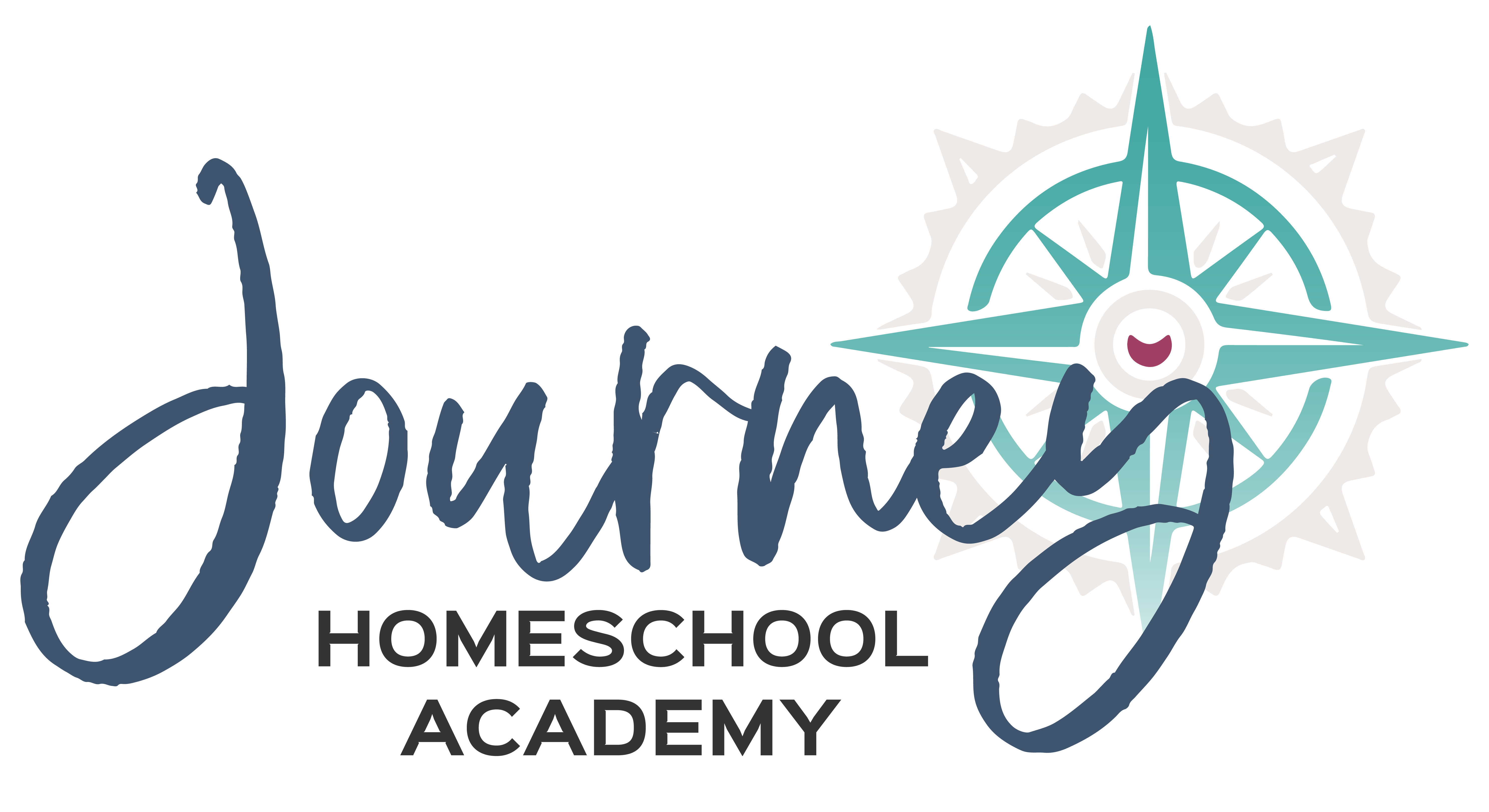How do you homeschool for higher-order thinking skills? That’s the golden question. But first, a trip down memory lane…
I vividly remember the panic of that big science exam coming up.
The adrenaline rush (with more than a little caffeine) of pulling an all-nighter.
Frantically cramming for the test.
Shoving as much information as I could in my brain, praying that it would stick.
Sitting down in the classroom and brain-dumping as much all I could remember.
And then, the exhaustion as I fell into bed—fast asleep the moment my head hit the pillow.
And just like that! All that information I spent so long the night before trying to cram was forgotten as I drifted off to sleep.
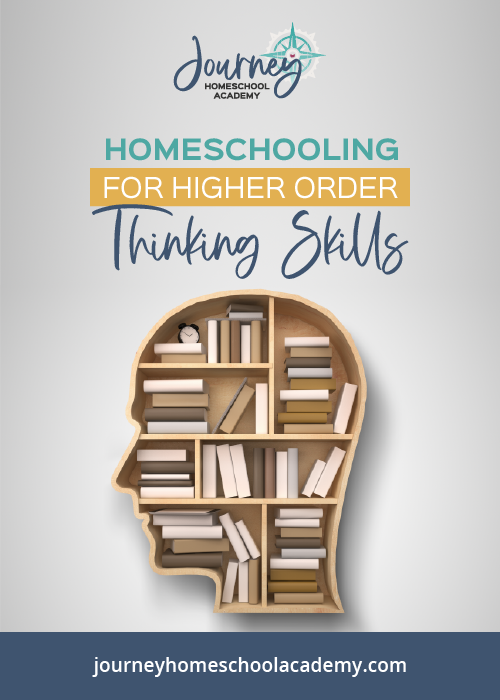
If you have had a similar experience, you’d probably agree that while this strategy might have served you alright for exam day, it didn’t do a whole lot in terms of long-term memory and learning of the material.
Or think back to elementary school…you probably memorized the 3 types of rocks—igneous, sedimentary, and metamorphic…and then forgot them.
What was the point of shoving that information into your brain just so you would be able to pass a quiz? You probably want your children’s education to be more meaningful than that.
And while in elementary school, learning about rocks and memorizing the 3 types of rocks is a good goal. It’s not the end goal. We want to move them beyond those lower-order thinking skills.
And as homeschool parents, I’m certain we can agree that we want more for our kids than watching them cram and forget.
We want to see not just rote memorization, but true comprehension. We want our kids to develop problem-solving skills, critical-thinking skills, and we want to tap into their creativity.
Blooms Taxonomy: the Big Picture
Bloom’s Taxonomy is a framework that can help us understand how people learn and then master knowledge. See the picture below…
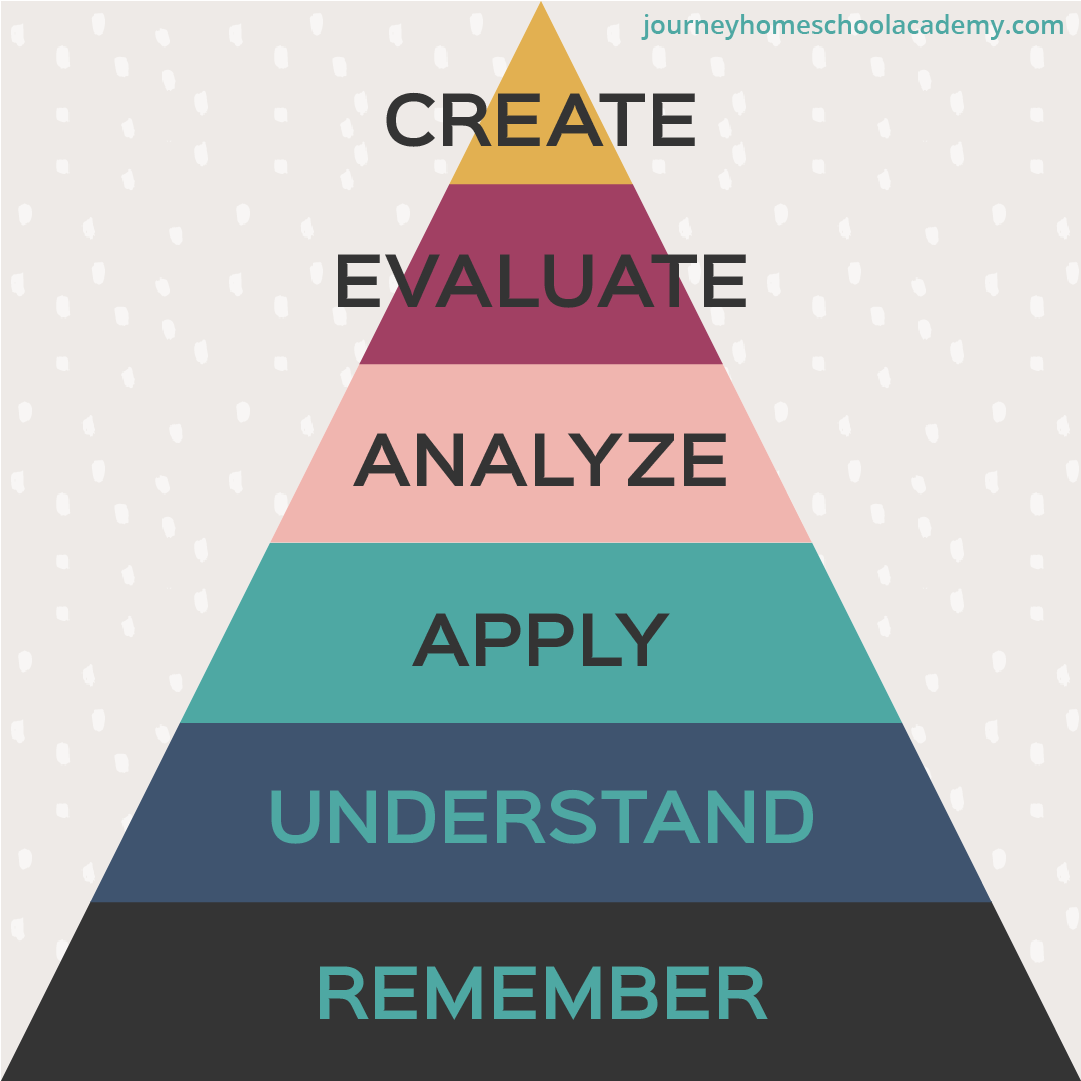
It actually works from the bottom up. The levels of Bloom move in ascending order. Let’s start at the bottom…
- Learning starts with remembering—being able to memorize facts. This is simply rote memory: the ability to recall basic facts and concepts.
- Next is understanding—the ability to take facts and concepts and explain those ideas. This is taking the information you know and classifying that information, having the ability to describe and discuss those ideas.
- Then we move to applying. This is taking the information you know and understand, and having the ability to implement it, using it to problem solve.
- As we continue to move up, we have analyzing. This is where things really start to get fun. Analyzing information means you are able to organize new information in such a way as you can compare and contrast other information, breaking information into parts, and requires you to be able to see connections between materials and draw conclusions.
- Evaluation requires students to mentally assemble what they’ve learned and make informed decisions about the information they’ve gathered. This level of learning involves critical thinking skills.
- And the top level of Bloom’s taxonomy is creativity. At this level, students are able to put all they’ve learned together, think critically about it, and create new unique information or new solutions of their own. Creative thinking requires flexibility in thinking and considering ideas from different perspectives, and is the most difficult level of learning to accomplish (hence, its place at the top of the pyramid).
Developing Higher-Level Thinking Skills in Education
The bottom 3—remembering, understanding, and applying—are called lower-order thinking skills (LOTS). From these skills, each learning skill builds on itself. The higher you go on the pyramid, the more mastery you have.
The top 3—analyzing, evaluating, and creating—are higher-order thinking skills. These are the skills that really prepare a student for higher levels of education and being successful in the real-world workplace.
Lower-Order Thinking Skills — Does NOT Mean Less Important
In my experience, a lot of science curricula cover the bottom half of the pyramid pretty well: remembering, understanding, and some even do well with applying information. These are lower-order thinking skills (LOTS)…
But lower doesn’t mean lesser.
These skills are foundational for lifelong learning!
After all, you have to walk before you can run.
You have to know how to multiply and divide before you can apply basic algebraic principles.
You have to be able to recall basic concepts before you’re able to evaluate and critique them.
BUT ultimately, LOTS are not enough. Your kids also need higher-order thinking skills (HOTS).
“Metacognition” and Learning How to Learn
Your kids have to learn how to learn. But if you think about it, there’s no standalone school subject or course specifically about how to learn. And when would you even teach it? Humans start learning from the day they’re born.
Instead, humans learn how to learn by learning. And over time, the way we learn changes over time. The curricula we use as homeschool parents need to support the growing and changing ways our students learn.
The curriculum we use needs to help with “metacognition,” that is, an awareness of one’s own thought processes. This, in turn, teaches them how to learn and challenges them to think in new ways.
Our Approach to the Taxonomy of Educational Objectives
So where does Journey Homeschool Academy fall on Bloom’s pyramid picture? Our courses will help your kids with the LOTS and the HOTS as it’s developmentally appropriate.
Over here at JHA, we liken it to the butterfly life cycle.
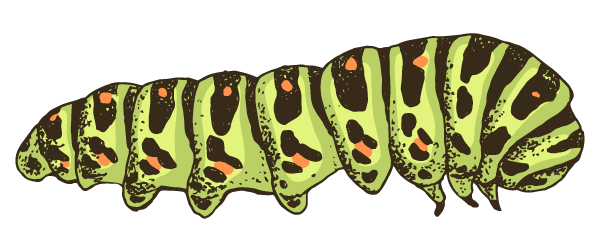
- From ages 6 to 11, your children are like caterpillars: hungry for new knowledge! Our elementary courses in particular are all about feeding facts to very hungry learners. They’re bottomless pits for memorizing new facts. They’re full of questions. Children at this age are very physical learners; they need to take information in with their eyes, ears, fingers, minds, and hearts. JHA curricula checks off both boxes and seeks to stir your children’s imaginations as they develop those lower-order thinking skills: memorizing facts and summarizing main ideas all while building excitement around science and engaging their imaginations.
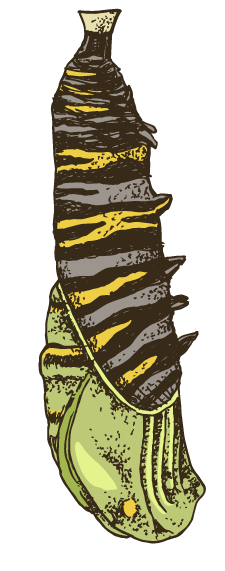
- From ages 11 to 14, young people are in a place of transition—like a butterfly’s chrysalis. Suddenly, the things they previously accepted as fact demand to be explored and examined. Learning must be connected and interdisciplinary as students are able to begin analyzing information and drawing connections between the things they know and the things they’re learning. This is why our middle school courses draw in ideas from other disciplines (history, the Bible, mythology, philosophy, etc.) to teach scientific ideas.

- In the high school years, students have emerged as butterflies. They are able to begin thinking more abstractly and our high school courses seek to use this time in your student’s life to help develop higher-order thinking skills. Our curricula emphasize activities like detailed note-taking, planning, and organizing, and writing full lab reports (not just fill-in-the-blank lab notes) that require your kids to think analytically, compare new ideas, and know how to come to solid conclusions based on what they’ve learned.
Developing those higher-order thinking skills is baked right into JHA’s courses in an age-appropriate way.
A science lesson is never just a science lesson. Every science lesson teaches (or should teach) two things: content and thinking skills.
At JHA, our goal is to bring your kids into developing the highest level of thinking skills.
Preparing Students for Adulthood: Problem Solving & Critical Thinking
I don’t need to tell you: a parent’s #1 job is to prepare their kids for the future. It’s probably on your mind every day. Being an adult requires higher-order thinking skills…and how we prepare our kids at home academically is the testing ground for developing those skills.
College, and just plain being an adult, will demand higher-level thinking skills from your kids.
And whether your kids go to college or not, they’ll need to be able to think analytically, evaluate their options, and make good, informed decisions.
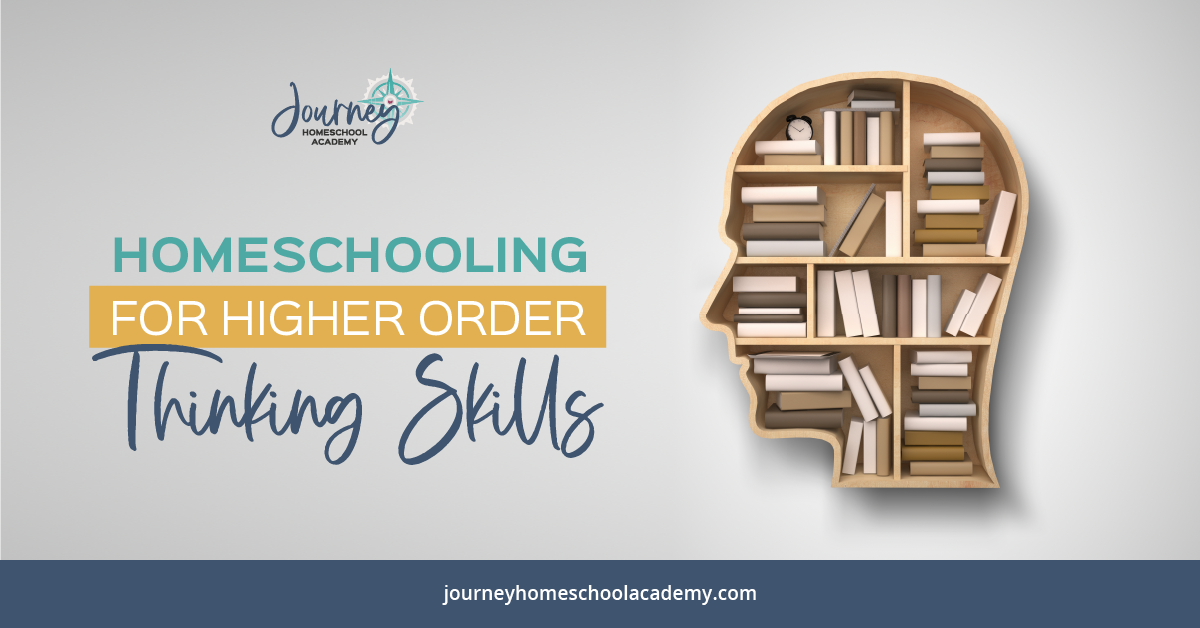
Developing an Enjoyment of Learning
When you were in school, did you ever think or ask, “Why do we have to learn all this stuff?” I anticipate most of us have asked that question before.
Have you ever noticed nobody ever asks that question if they’re enjoying what they’re learning?
We hope we can help your kids feel passionate about science and gain true enjoyment from learning.
At Journey Homeschool Academy, it’s more than the science—it’s about building lifelong enjoyment of learning.
